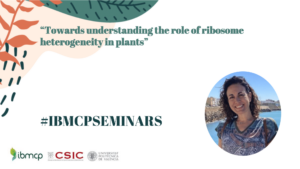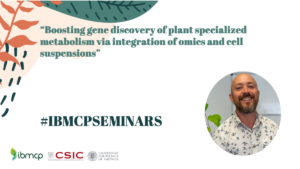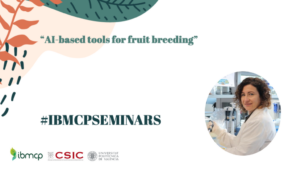“Reprograming of host and microbe metabolisms during beneficial plant-microbe interaction”
Beneficial microbes can enhance plant growth and provide abiotic and biotic stress tolerance to plants, but their underlying mechanisms are poorly understood. Enterobacter sp. SA187 is a root endophytic bacterium that maintains growth and yield of various monocot and dicot plants under various abiotic stress conditions. We compared the metabolic wirings of Arabidopsis and SA187 in the free-living and endophytic states. Upon plant interaction, massive changes in bacterial gene expression in chemotaxis, flagellar biosynthesis, quorum sensing and biofilm formation were observed. In both plant and bacteria, carbon, energy and sulfur metabolisms were modified. The importance of the S metabolism in plant salt stress was substantiated by observing that several sulfur metabolism mutants show hypersensitivity to salt stress which can be partially rescued by SA187. Moreover, salt stress-induced ROS accumulation in Arabidopsis was suppressed by SA187 in wild type and mutants of LSU2, a central chloroplast regulator linking sulfur metabolism to SOD activity. Sulfur levels in chloroplasts are monitored by the FRY1/SAL1 retrograde signaling pathway, mutants of which can also be partially rescued by SA187. We showed that SA187 provides a small sulfur metabolite to its host plant which regulates the ethylene signaling pathway. SA187 was also found to make plants resistant to heat stress in an ethylene-mediated manner. We further found that thermopriming and SA187 use the same heat stress response pathway regulating the key transcription factor HSFA2 to induce HSPs and anti-oxidative enzymes. Importantly, SA187 primes plants already in the absence of stress treatment, rendering plants ready to react to abiotic stress challenges in a robust way. The potential of SA187 for agriculture was proven by enhancing stress tolerance and yield of various crops in the greenhouse and open field, showing that a single microbial strain can contribute to secure food production under environmental stress conditions.





